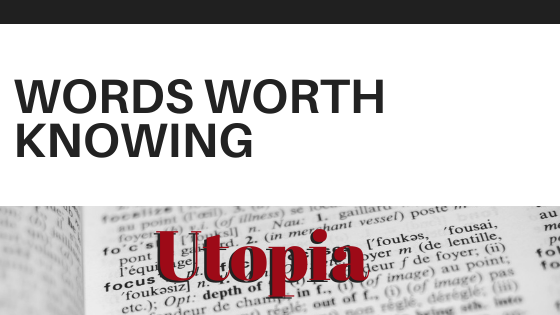WORDS WORTH KNOWING: AIN’T
Among the words with the most meanings, I think “Ain’t” gets the biggest prize. Hated and defended by many over the years, Ain’t has managed to survive in our jargon and even seems to be expanding! For better, or for worse? I’ll leave that to your own judgment when you learn of its provenance in a brief tour through the streets of England. But first you probably are interested in knowing its definitions, ain’t you?
Dictionary Definition
Ain’t: contraction. (Informal) Am not; are not; is not. (Oxford English Dictionary)
Ain’t: contraction. (Informal) Has not; have not. (Oxford English Dictionary)
The word Ain’t has existed since the 18th century, but it was always considered part of the slang and not of the standard English; but that changed in 1993, when the Merriam-webster dictionary listed it as a Word, without referring to it as an exclusive word for colloquial use.
This word is currently being used as an expressive resource, to catch attention in speeches or to gain emphasis in the news articles. You ain’t gonna believe the many ways you can use this word in your daily conversations!
“I’m going to contest his shot. Got to contest the shot. When you land three feet ahead of where you shoot the ball from, that really ain’t my issue.”
From Chron website Article Warriors’ Draymond Green says Rockets complaints ‘ain’t my issue’. 2019
“White said that he remembers seeing the city’s previous mayor, Steve Luecke, around his neighborhood. But Buttigieg, he said, has stayed away. “I ain’t ever seen the dude,” White said. “Tell him to chill with us for three or four days.””
From CNBC website Article: Residents of South Bend’s poor neighborhoods say Democratic presidential hopeful Pete Buttigieg left them behind. 2019
“The price was like, ‘For real? Come on. For real?’ But then they took it off the shelf so I knew it was gon’ happen. And it was just limited, so I like limited stuff. I like when three or four months from now, everybody ain’t gon’ have it.”
From Complex website Article: Gunna Unfazed by Mockery of His Chanel Purse: ‘It Ain’t for Them’. 2019
The London Cockney dialect
After the population growth in London during the Middle Ages, London’s East End was developed, an area isolated by the great walls that surrounded the western part of the city, and connected with the rest of civilization almost exclusively through the River Thames.
Because of this condition of isolation it had little trade, and therefore few opportunities for work and little social development, but that did not prevent many citizens from making their lives there, fleeing from the overpopulation of the west of the city, and they were joined by many immigrants who arrived through the river Thames and saw in this area a viable place to stay even if they had little or no money.
As you can imagine, only a minimum of the people who lived in this area were educated, so they knew English language only verbally, while mixing it with the accents and words of the immigrants.
From am to is
Thus, towards the beginning of the 18th century, the contraction “an’t” began to be used to refer to “am not” and “are not”. It was born as part of the dialect of the Cheapside district, whose inhabitants were known as the Bow-bell Cockneys, and they themselves were in charge of extending the use of the word also for “is not”, “have not” and “has not”, thus receiving the i from the center, becoming “Ain’t“.
Just as this dialect there were many different ones around London’s East End, so what was so special about the Cockney dialect that some of its words transcended to Standard English?
Enter Charles Dickens
There was nothing special about it until Charles Dickens decided to honor the Bow-bell Cockneys in his novels. Since his first novel, The Pickwick Papers, published in 1836, and in several others such as the world famous Oliver Twist, alludes to characters belonging to the Bow-bell Cockneys, who therefore spoke the Cockney dialect, and very especially refers to the word Ain’t in several dialogues.
So, the success of Dickens made “Ain’t” and some other colloquial expressions be taken as valid English words, but this did not make most English people forget that this word came from poor people, illiterate and with lifestyles often related to thievery, so it was very difficult for Ain’t to be considered appropriate, and despite being verbally used by all kinds of people, it was not until centuries later that it was listed in the dictionaries.
So, what do you think? Does the word deserve to be in our language, or should we cross it out by its origin? In my opinion, it ain’t doing any harm!







